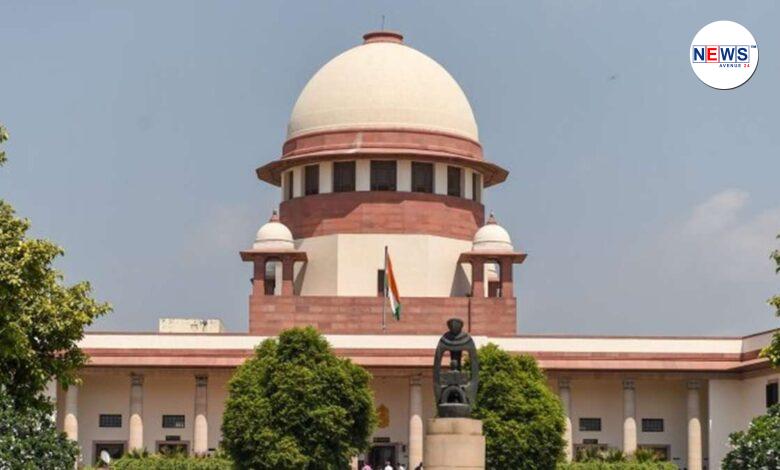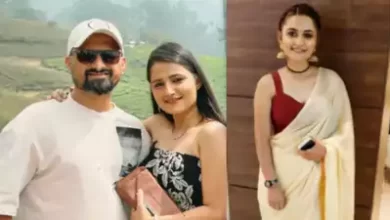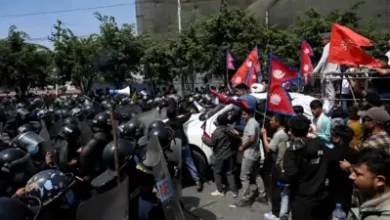
SC declares downloading, storing and watching child pornography a crime: A landmark ruling
SC ruling on pornography is significant in the context of the rise in digital content related to child pornography. There has been a glaring increase in child pornography cases in the country, rising from 44 cases in 2018 to 1171 cases in 2022, as per the data by the National Crime Records Bureau.
In a landmark ruling, the Supreme Court on Monday declared that downloading, storing or possessing and watching child pornography is an offence under the POCSO Act, overturning a Madras High Court order that said that downloading and viewing such explicit content is not punishable, but merely a moral decay.
The top court also directed the government to substitute the term “child pornography” with “child sexual exploitative and abuse material (CSEAM)” in the POCSO Act to reflect more accurately the reality, and magnitude of such offences and also cover the visual depiction through generative forms.
Additionally, the Supreme Court directed that courts should endorse the term “child sexual exploitative and abuse material” (CSEAM) instead of the term “child pornography” in judicial order or judgment. The Court also observed that a singular incident of abuse turns into a ripple of trauma and the rights and dignity of a child are continuously violated each time such material is viewed and shared.
Petitioner explains the significance of SC ruling
“India, has once again, paved the way globally by laying down the framework for prevention and protection of children from this transnational and organised crime. This judgment will have long-lasting and global impact on society, crime and child rights and will be etched in history. When a person is searching for and downloading ‘child exploitation and abuse material’, they are creating the demand for the rape of our children. This judgment also breaks away from the conventional terminology of ‘child pornography’ which is seen as an adult indulgence and creates the shift in the narrative to ‘child exploitative and abuse material’, being a crime”, said Bhuwan Ribhu, petitioner and Founder of Just Rights for Children Alliance.
Just Rights for Children alliance is an alliance of over 120 NGOs working throughout India against child sexual exploitation, child trafficking and child marriage.
Madras High Court had quashed the criminal case
The Supreme Court’s judgment came on a plea filed by Just Rights For Children Alliance (JRCA) challenging the Madras High Court’s January 11, 2024 order. The Madras High Court had quashed the criminal case against a 28-year-old man ruling that downloading and watching child pornography was not an offence under the POCSO Act and the information technology law. The Madras High Court had relied on a Kerala HC judgment to exonerate the culprit charged under the IT and the POCSO Acts.
The petition filed before the Apex court by JRCA stated that the Madras High Court erroneously relied on Kerala HC order.
“The nature of the content and the involvement of minors in the material make it subject to the provisions of the POCSO Act, rendering it a distinct offence from the one considered in the Kerala High Court’s judgment,” noted the petition.
“This order gives the impression to the general public that downloading and possessing child pornography is not an offence. It would increase the demand for Child pornography and encourage people to involve innocent children in pornography.” On March 19, The apex court’s bench of Chief Justice DY Chandrachud and Justices JB Pardiwala and Manoj Misra described the Madras High Court judgment as “atrocious” and reserved its order on the plea.
News Source:- INDIA TV





